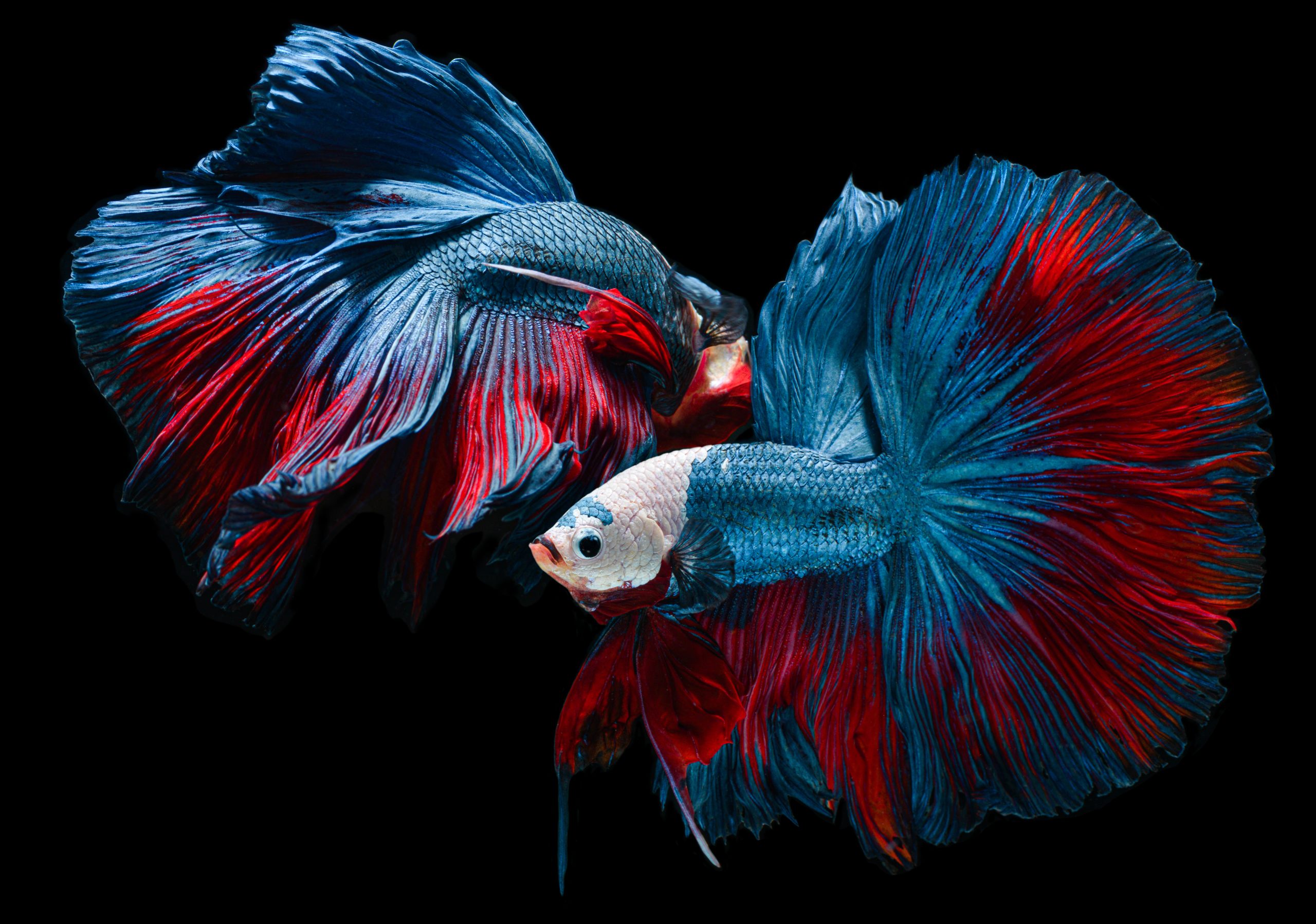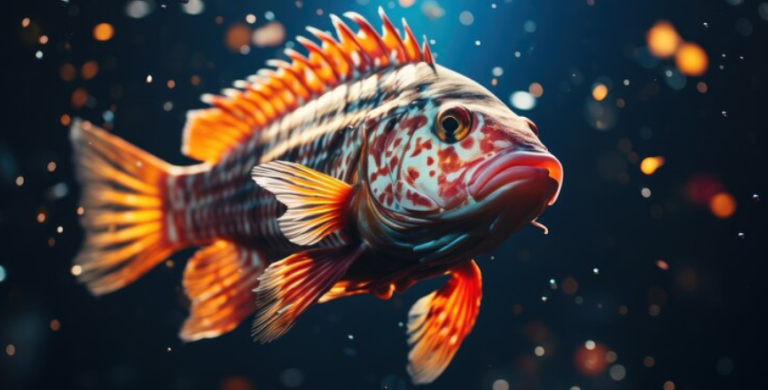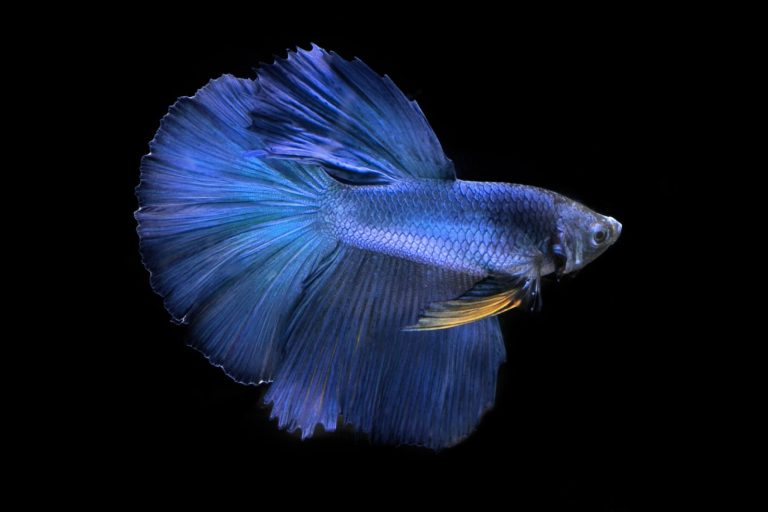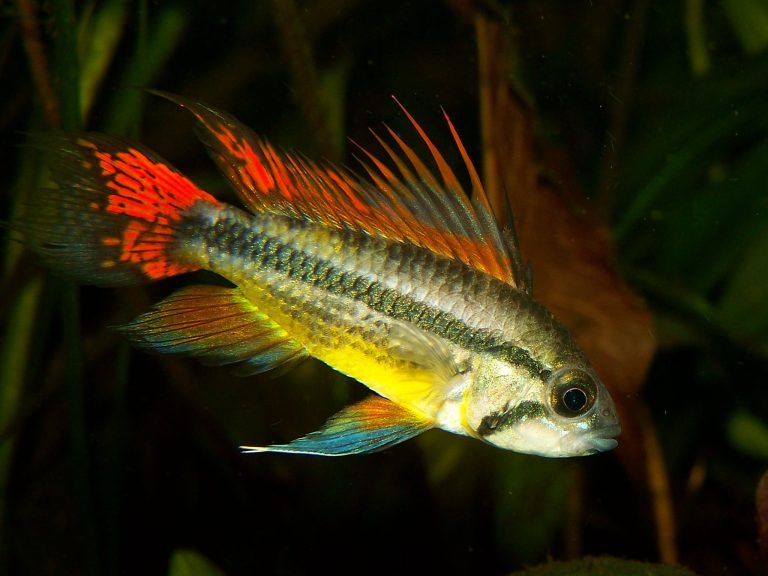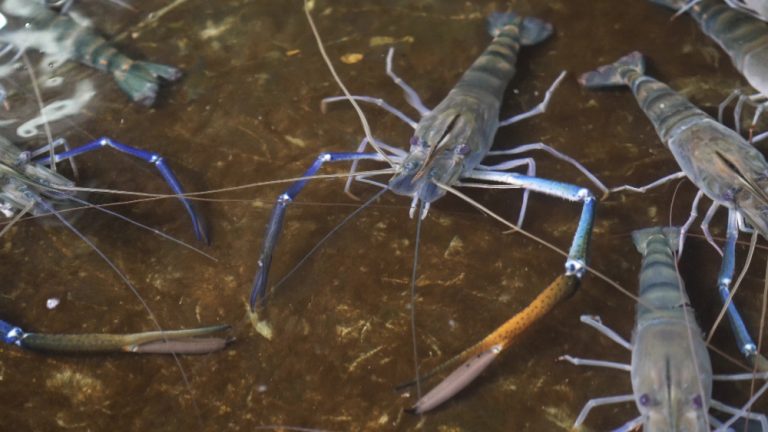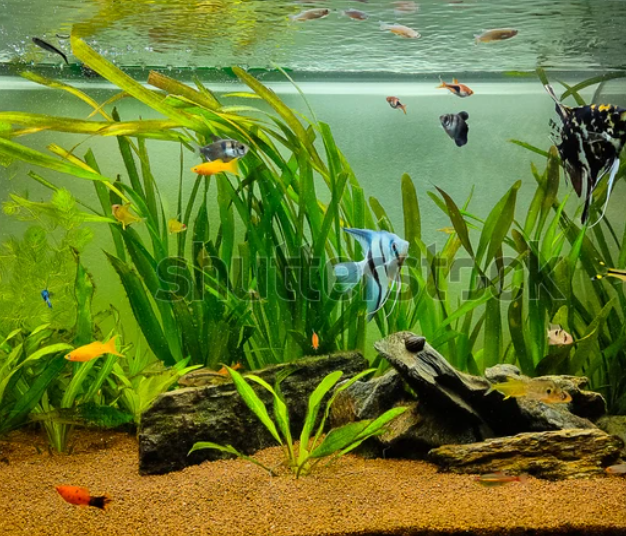Betta fish, known for their vibrant colors and unique personalities, are a popular choice among aquarium enthusiasts. However, as a betta fish owner, you may have encountered a perplexing issue – why is your betta fish spitting out his food? In this comprehensive guide, we will delve into the various factors that can lead to this behavior and provide you with valuable insights on how to address and prevent it.
Understanding Betta Fish Behavior
Before we explore the specific reasons behind your betta fish spitting out his food, it’s essential to understand the typical behavior of these captivating creatures. Betta fish are known for their curious and sometimes finicky nature. They are carnivorous by nature, primarily feeding on insects and small aquatic creatures. Observing their behavior closely can help you identify potential issues with their food consumption.
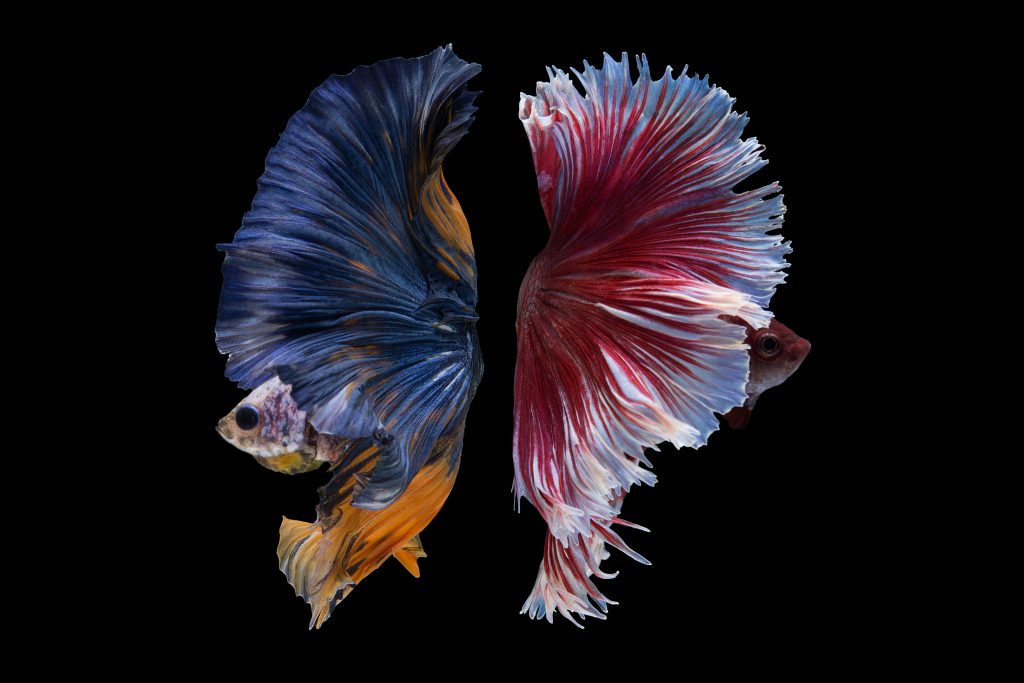
Why Is My Betta Fish Spitting Out His Food?
1. Water Temperature and Quality
Maintaining the right water conditions is crucial for the health of your betta fish. Fluctuations in water temperature or poor water quality can stress your fish and lead to a loss of appetite. Ensure your aquarium’s water temperature is within the recommended range of 78-80°F (25-27°C) and regularly monitor water parameters such as pH, ammonia, and nitrate levels.
2. Incompatible Food
Not all betta fish food is created equal. Low-quality or incompatible food may not appeal to your betta’s taste buds, causing them to reject it. Ensure you are providing high-quality betta pellets or live/frozen foods that mimic their natural diet.
3. Overfeeding
Overfeeding is a common mistake among betta fish owners. Feeding your fish excessively can lead to digestive problems, causing them to spit out their food. Stick to a consistent feeding schedule, offering only small portions that your betta can consume within a few minutes.

4. Stress and Anxiety
Betta fish are known to be territorial and can become stressed in the presence of other fish or excessive external stimuli. Stress can disrupt their feeding habits. Ensure your betta has a comfortable and low-stress environment.
5. Health Issues
Underlying health problems, such as bacterial or parasitic infections, can affect your betta’s appetite and lead to food rejection. Keep a close eye on your fish’s overall health and consult a vet if you suspect any issues.
6. Food Texture
Some bettas may have preferences for specific food textures. Experiment with different types of food, such as flakes, pellets, or live insects, to see which one your betta prefers.
7. Age and Aging
As betta fish age, their metabolism may slow down, leading to a reduced appetite. Adjust their feeding routine accordingly and provide softer foods that are easier to consume.
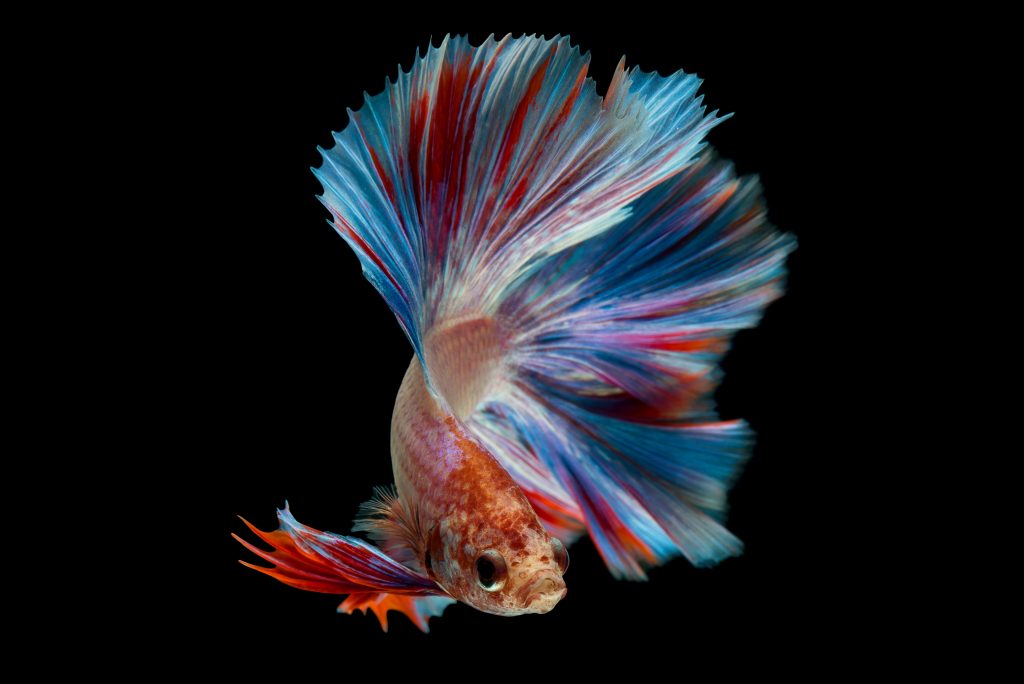
FAQs about Betta Fish Spitting Out His Food
Q: How often should I feed my betta fish?
A: Betta fish should be fed small portions 2-3 times a day. Be mindful not to overfeed.
Q: Can I feed my betta fish human food?
A: No, human food is not suitable for betta fish. Stick to a well-balanced betta-specific diet.
Q: What water parameters should I monitor for my betta’s tank?
A: Regularly check pH levels, ammonia, nitrate, and water temperature to ensure optimal conditions.
Q: Is it normal for betta fish to spit out their food occasionally?
A: Yes, occasional food rejection is normal. However, persistent spitting out of food requires investigation.
Q: Should I isolate my betta fish if I suspect health issues?
A: If you notice signs of illness, consider isolating your betta fish and seeking veterinary advice.
Q: Can betta fish eat other fish in the same tank?
A: Betta fish are territorial and may attack other fish. Tank mates should be carefully chosen.
Conclusion
Understanding why your betta fish is spitting out his food is essential for maintaining their health and happiness. By addressing factors such as water quality, food compatibility, and stress, you can ensure your betta enjoys his meals and thrives in his aquarium habitat.
